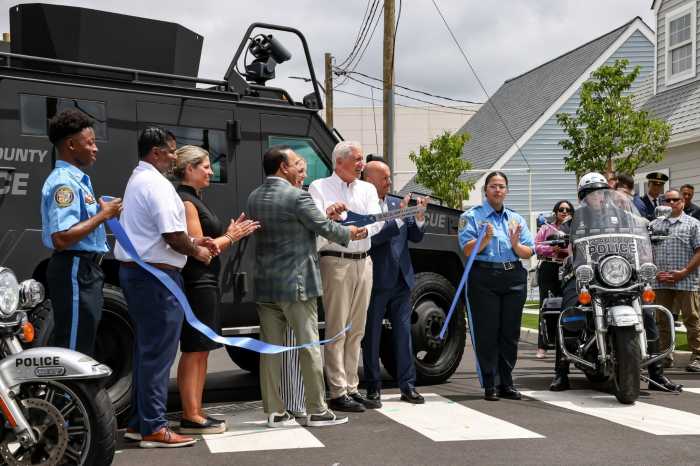Fire departments all over the area, including Hicksville, have experienced an increase in activated Carbon Monoxide Detector alarms. In Hicksville, as in many other areas, 98 percent of the alarms were unfounded (no levels of Carbon Monoxide (CO) were found) after an investigation. So why is this? Weather conditions play a large part of the increase in these alarms. Homes are better insulated to save on heating costs, as a result there is no exchange of air in the home, so some CO does build up over extended periods. The sensors in the detectors collect air samples and store them and when a preset level is reached the circuit is complete and the alarm is sounded. Due to the dangers of CO, all calls are treated as dangerous until proven otherwise. Some of the other more common causes are failure to replace batteries every six months, detectors installed too close to equipment that produce CO (i.e. too close to kitchens, boiler rooms, attached garages). We can’t change the atmosphere, but we can correct the other causes. Homeowners should train themselves to recognize the difference between an actual CO alert (steady continuous beeping and a low battery signal (intermittent chirping).
Monoxide is often called the “Silent Killer” because most often one can’t smell it. It accumulates in your cells. We are most vulnerable when we are sleeping, which is why CO detectors should be installed near bedrooms to give early warning. New York State’s “Amanda’s Law” requires CO detectors in all residential properties on every level where bedrooms are located. Battery, hard-wired or plug in types.
Here are some areas in your home to be aware of where CO can be found: Heating units, (service them each year), hot water heaters and clothing dryers. Insure all vents are not blocked. Heavy snow accumulates around the foundation of your home, be sure vents are kept clear. Space heaters, using fuel, should be used in a ventilated room and not left unattended. Any type heater should be kept clear of any combustible material (i.e. curtains, drapes and furniture). If you have a fireplace, do not leave it burning overnight. Atmospheric pressure outside at night is greater than inside so air comes down the chimney and washes over burning embers, spreading deadly CO. Leaking, faulty chimney liners allow fumes to enter your home. A cracked liner can allow hidden fire to spread rapidly without you knowing it. Do not leave a car running in an attached garage. CO can accumulate and spread. And last, do not use your oven to heat your home.


































